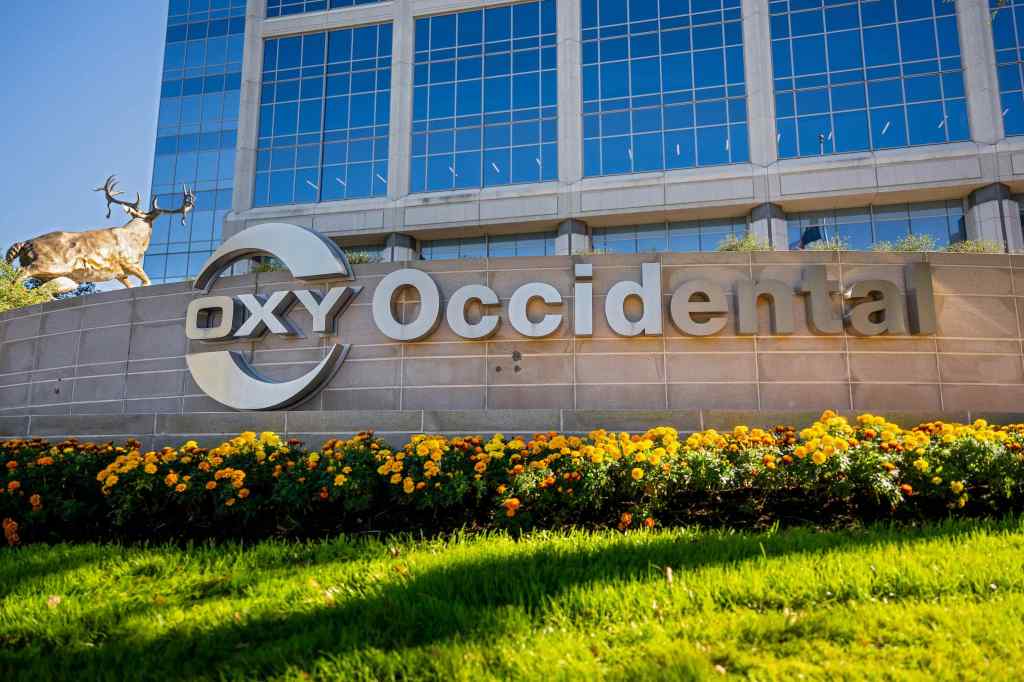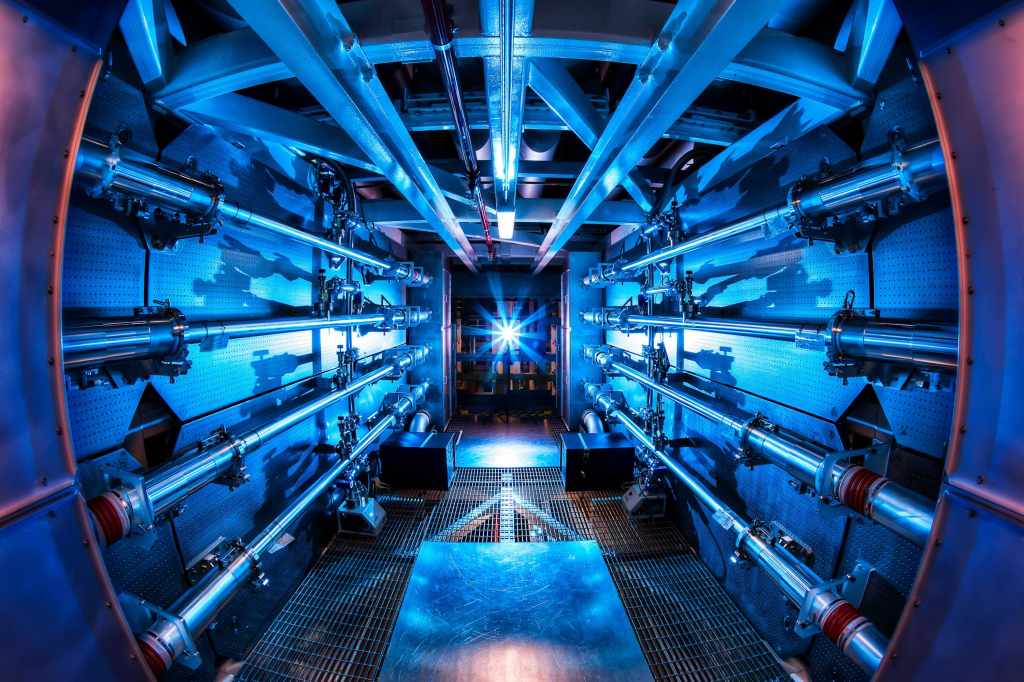Occidental Petroleum, a leading entity in the oil and gas sector, has recently acquired Holocene, a Tennessee-based startup specializing in direct air capture (DAC) technology. This acquisition, executed through Occidental’s subsidiary, Oxy Low Carbon Ventures, marks the company’s second significant investment in DAC startups within a two-year span. The financial terms of the deal have not been publicly disclosed.
Holocene’s Technological Advancements and Industry Impact
Founded in 2022, Holocene has been at the forefront of developing innovative DAC solutions. The company’s technology employs a unique combination of liquid and solid-based systems, utilizing amino acids and other organic compounds to efficiently extract carbon dioxide (CO₂) directly from the atmosphere. This method has shown promise in reducing the energy and capital costs traditionally associated with DAC processes.
In September 2024, Holocene entered into a landmark agreement with Google to remove 100,000 metric tons of CO₂ by the early 2030s. This deal was notable for setting a record-low price of $100 per ton, significantly undercutting the prevailing market rates, which often exceed $600 per ton. Google’s upfront financial commitment provided Holocene with essential capital to scale its operations and further develop its technology.
Occidental’s Strategic Focus on Carbon Capture
Occidental’s acquisition of Holocene aligns with its broader strategy to integrate carbon capture technologies into its operations. The company has been actively investing in DAC as a means to offset emissions and enhance oil recovery processes. In 2023, Occidental acquired Carbon Engineering, another DAC startup, for $1.1 billion. Carbon Engineering’s technology involves a series of chemical reactions to extract CO₂ from atmospheric air, which can then be utilized for enhanced oil recovery or permanently sequestered.
By incorporating Holocene’s technology, Occidental aims to diversify and strengthen its carbon management portfolio. The company plans to leverage Holocene’s innovative approach to advance its DAC research and development efforts, potentially leading to more cost-effective and scalable carbon removal solutions.
Financial Incentives and Regulatory Landscape
The acquisition also positions Occidental to benefit from financial incentives under the U.S. government’s 45Q tax credit program. This program, enhanced by the Inflation Reduction Act, offers up to $180 per ton of CO₂ captured and sequestered, providing a substantial economic incentive for companies investing in carbon capture technologies. The final value of the tax credit depends on factors such as the use of zero-emission power in the capture process and the end-use of the captured CO₂.
Implications for the Carbon Capture Industry
Occidental’s continued investment in DAC startups like Holocene signifies a growing recognition within the oil and gas industry of the importance of carbon capture technologies in addressing climate change. These acquisitions not only validate the potential of DAC but also highlight the evolving role of traditional energy companies in the transition to a low-carbon economy.
The integration of Holocene’s technology into Occidental’s operations could accelerate the commercialization of DAC solutions, making them more accessible and affordable. This, in turn, may encourage other industry players to invest in similar technologies, fostering innovation and competition in the carbon capture sector.
Conclusion
Occidental Petroleum’s acquisition of Holocene represents a strategic move to enhance its carbon management capabilities through advanced direct air capture technology. By investing in innovative startups like Holocene, Occidental is positioning itself at the forefront of the carbon capture industry, contributing to global efforts to mitigate climate change while exploring new avenues for sustainable growth.



